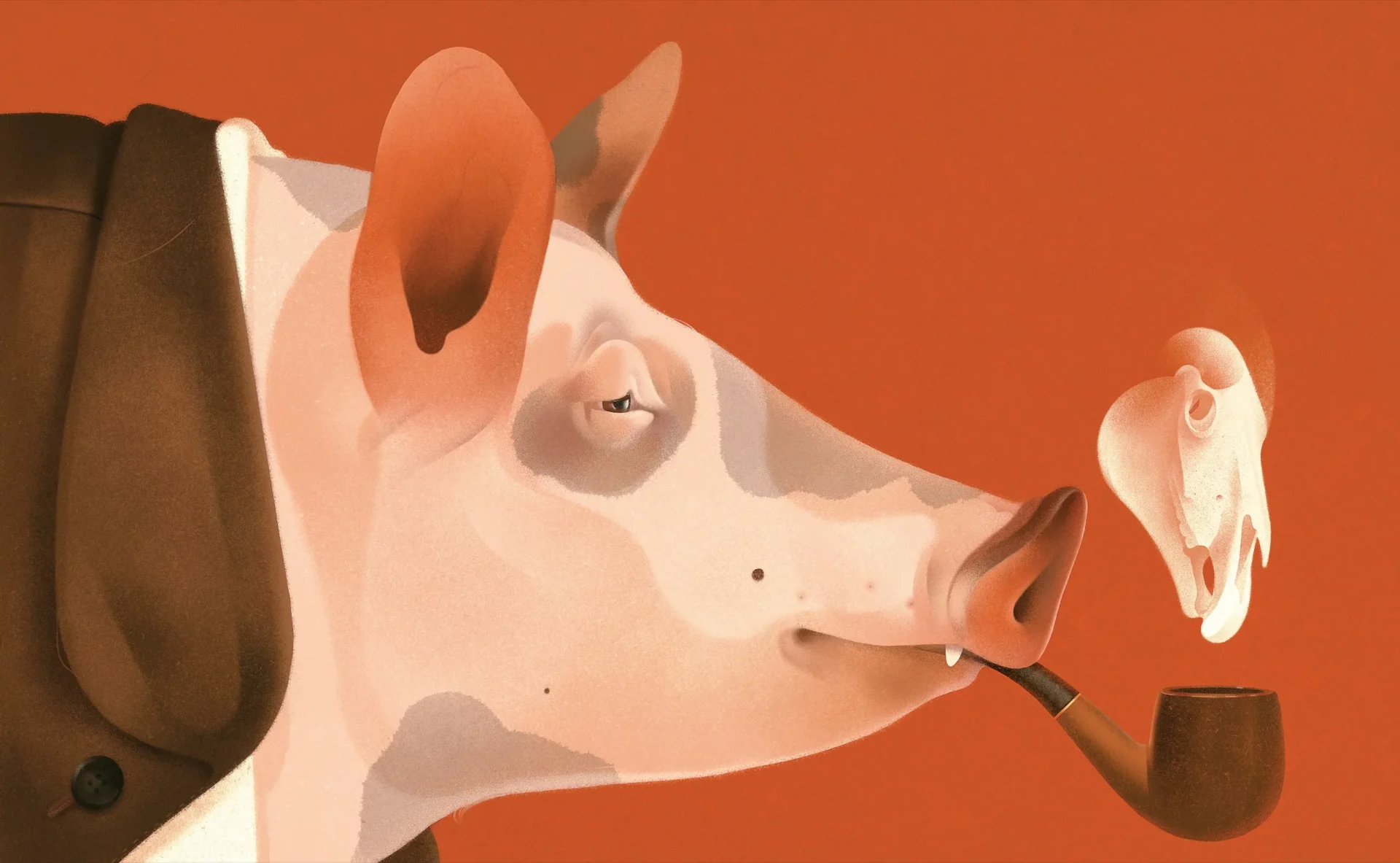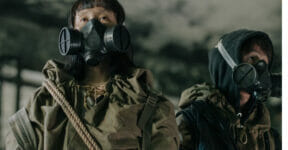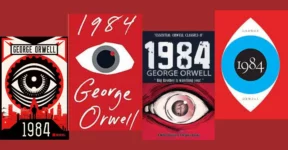Published in 1945, the anti-utopian satire “Animal Farm” is among the best works of George Orwell. The wrapping of political fable barely conceals the serious mockery of the Bolshevik Revolution under Lenin and Trotsky and the subsequent betrayal by Stalin. The Bolshevik Revolution (led by the Bolshevik Party) was the second major part of the Russian Revolution in which Lenin and Trotsky championed workers’ rise to power, sweeping out their capitalist and landlord counterparts. After Lenin’s death, however, Stalin gradually eliminated all opposition, consolidated power, seized control over the government, and practically made himself a dictator.

The novel itself tells the stories of barnyard animals also undergoing a revolution to overthrow the farm owner, Mr. Jones, along with the other human masters and establish an egalitarian society where every individual deserves social equality. And then one revolutionary betrays the very cause of the revolution and becomes an exploitative, oppressive ruler instead. Anybody who learns even only the basics of the Russian Revolution can see the parallel at a glance.
Events in Animal Farm are set in the future, during a time when animals have developed intelligence levels higher than they are in the present day. Among the smartest of them all are the pigs, and they can speak English as fluently as humans.
Thanks to their cleverness, the pigs feel empowered to be leaders. The hierarchy is pretty simple in the barn: pigs are the rulers, whereas the dogs serve as guardians whose principal duties are to enforce the law and enact the rulers’ decisions. The rest of the group including horses, sheep, and chickens undertake all other tasks to support the revolution. The goal is to build a better barn society free from exploitation and inequality.
It is a fairy story – as Orwell’s subtitle suggests – that illustrates how pigs can be just as cunning and ridiculous as humans. The pigs in the novel are depicted as having quite a lot of human characteristics, which might make them evil as well. Being the leaders of a barnyard revolution, some prominent pigs in the story easily represent the key actors of the Russian Revolution simply because the basic premise of the two revolutions is essentially the same. In fact, the Soviet reference, above all else, played a key factor in boosting the book’s initial popularity to a great deal.
There are four leading pigs in Animal Farm: Old Major, Napoleon, Snowball, and Squealer. Each plays a unique role in determining the fate of the barn society.
- Old Major: the first to pitch the idea of how a revolution done right would make the world a lot better for all the animals. Old Major is fair, knowledgeable, and determined to materialize a vision of equality. The first revolution brings about noticeable improvement and the barnyard turns into a free society where animals enjoy the fruits of their labor. The death of Old Major makes things pretty shaky, and now the barn is without a true leadership figure. It is easy to see how the novel draws a comparison between Old Major and Lenin.
- Snowball: an admirable thinker and Old Major’s true revolutionary partner. Snowball suggests the animals build a windmill hoping to make day-to-day life easier and more productive. He even creates various committees to advance the barn and is persistent about educating all. Snowball is the intellectual pig whose dedication to the revolution is unparalleled. He represents none other than Leon Trotsky.
- Napoleon: a common pig who climbs his way up to a major player. Napoleon takes advantage of the revolution and arrives at a point where he will run against Snowball in the next election. Considering his slim chance of victory, Napoleon orders some dogs to chase his rival away from the barn, ensuring an easy win. Next, he steals Snowball’s design of a windmill and tells everyone the project is his idea. Napoleon’s rise to power is a betrayal of the revolution. He is based on Stalin.
- Squealer: the minister of propaganda and Napoleon’s second-in-command, Squealer’s most important duty is to mislead the people into believing everything Napoleon says. Squealer is modelled after a propaganda expert from another totalitarian order, Goebbels.
Just as soon as Napoleon takes the leading role, corruption runs rampant. He makes a rule that allows the pigs to enjoy better food at the expense of all other animals. While they spoil the pigs with luxury, other animals are forced to work until they become too weak or die. In case the individual shows cleverness or questions any of his policies, he can easily order an execution to get rid of the opposition.
Of course, the pigs finally subvert the revolution. Old Major’s ideas that all animals are equal no longer apply because Napoleon, Squealer, and their loyal henchpigs think they are above anybody else on the farm. Napoleon’s biggest sin is that he allows himself to transform into just another exploitative master. At the end of the story, even the animals can no longer distinguish between humans and pigs.
We think Animal Farm never really tries to disguise itself as a fable and quickly jumps into political imagination right away. It is still a moral fable, but the story is a crystal-clear mirror to reflect how hypocrisies can swiftly dismantle the foundation of a revolution to its core. Animal Farm might not be the first novel to re-stage political mayhem, corruption, and greed, but its simplicity in form and delivery will always make it one of the most accessible and best dystopian books of all time.
Do you think the pigs represent all the Russian historical figures well? How does the book compare to the animated film adaptation? We’d love to hear from you
Other things you might want to know
Other popular novels by George Orwell:
- Burmese Days (1934)
- A Clergyman’s Daughter (1935)
- Keep the Aspidistra Flying (1936)
- Coming Up for Air (1939)
- Nineteen Eighty-Four (1949)
Books like animal farm:
- 1984 by George Orwell
- Brave New World by Aldous Huxley
- Fahrenheit 451 by Ray Bradbury
- We by Zamyatin
- Filth’ by Irvine Welsh
- Lord of the Flies by William Golding
- Glory by Noviolet Bulawayo
- Heart of a Dog by Mikhail Bulgakov
What is Bolshevik?
A Bolshevik is a term to describe any member of the Russian Social-Democratic Party, which took over the Russian government in October 1917. Under the leadership of Vladimir Lenin, the Bolsheviks were the most powerful political organizations in the country.
Check out other articles by month:







